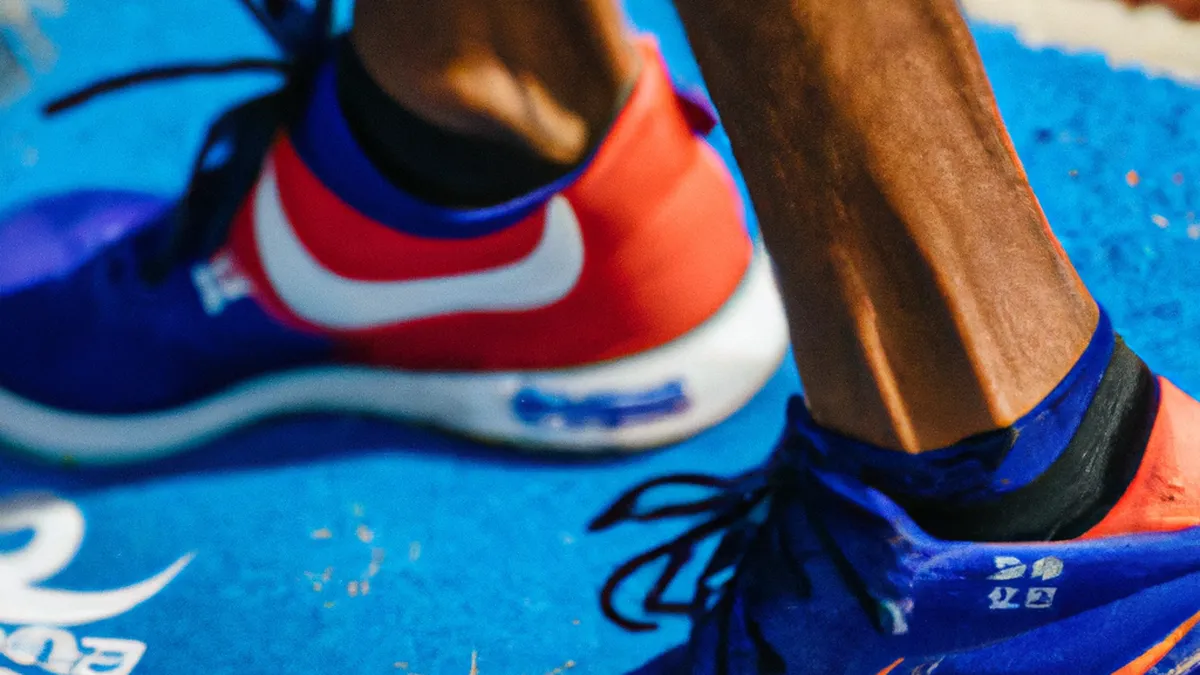Intensity vs. Volume: Post-Viral Strategy
Balancing Intensity and Volume Post-Viral: A Comprehensive GuideRecovering from a viral infection presents challenges, especially when resuming your exercise routine. After weeks or months of inactivity, your body may feel unfamiliar. The thought of returning to shape can overwhelm you. Finding the right balance between exercise intensity and volume proves crucial in this process. This blog will help you balance both aspects, offering actionable tips and expert advice.
Understanding Intensity and Volume
Before practical advice, let’s clarify intensity and volume in exercise.**Intensity** describes how hard you work during an exercise. This may involve lifting heavier weights or running faster. High-intensity workouts can enhance cardiovascular health and build muscle. However, they may also cause fatigue and injury if your body isn’t ready.**Volume** refers to the total work performed in a session or period. This includes repetitions, sets, and workout duration. Lower intensity but higher volume workouts, like walking or yoga, can benefit someone recovering from illness.
Why Balance Matters
Balancing intensity and volume is essential after a viral infection. Your body has experienced stress and needs time to recover. Overdoing it may lead to fatigue, increased injury risk, and setbacks in recovery.
Tips for Balancing Intensity and Volume
As an Amazon Associate I earn from qualifying purchases.
Gear tip: consider yoga mat, yoga bolster, and pilates ring to support this topic.
1. **Start Slow** Ease back into workouts after inactivity. Begin with low-intensity exercises you enjoy. Walking, gentle stretching, or light yoga can help reconnect you with your body.2. **Monitor Your Body’s Response** Your body guides you during recovery. Pay attention to how you feel during and after workouts. If you experience fatigue, dizziness, or pain, reduce your effort and adjust your routine.3. **Use a Heart Rate Monitor** A heart rate monitor provides feedback on your exercise intensity. Aim for 50-70% of your maximum heart rate initially. This moderate intensity is generally safe for post-viral recovery.4. **Incorporate Rest Days** Rest is vital, especially after illness. Schedule regular rest days to allow your body to recover and adapt. This practice enhances your training regimen.
Conclusion
Balancing intensity and volume supports your recovery journey. Follow these tips to ease back into your routine effectively. Prioritize your body’s needs and enjoy the process.
Below are related products based on this post:
FAQ
What should I consider when resuming exercise after a viral infection?
It is important to balance exercise intensity and volume when returning to your routine. Start with low-intensity exercises that you enjoy, such as walking or gentle stretching, to help your body reconnect with physical activity.
How can I monitor my body’s response during recovery?
Pay attention to how you feel during and after workouts. If you experience symptoms like fatigue, dizziness, or pain, it is crucial to reduce your effort and adjust your routine accordingly to prevent setbacks.
Why is rest important during the recovery process?
Rest is vital for recovery after illness, as it allows your body to heal and adapt to the demands of exercise. Scheduling regular rest days can enhance your training regimen and support your overall recovery journey.















Post Comment